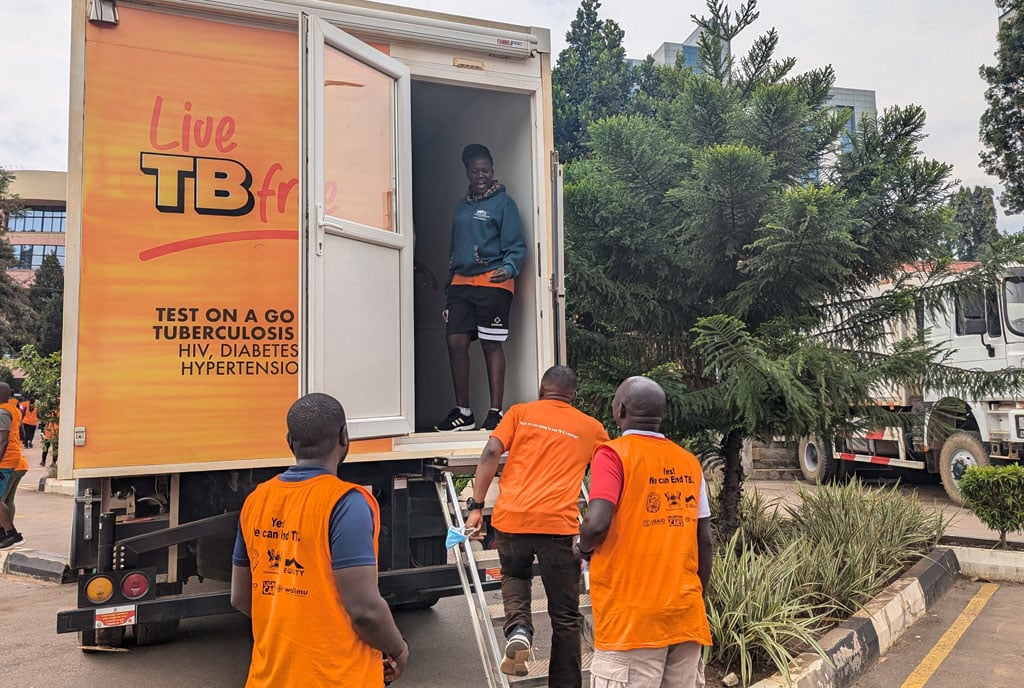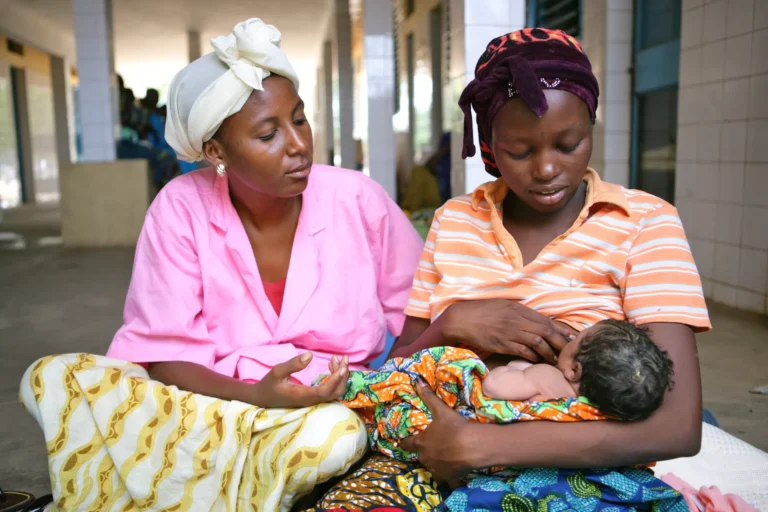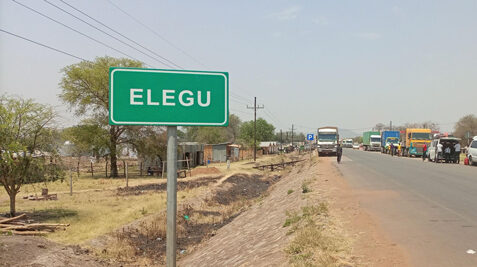Kampala, 20 June 2025 — In a renewed effort to strengthen the fight against tuberculosis (TB) and leprosy, Uganda’s Ministry of Health, with support from the World Health Organization (WHO) and other key partners, has begun the process of developing a new five-year Strategic Plan for TB and Leprosy (2025/26–2029/30). This process was officially launched through a National Strategic Plan development workshop held in Kampala this week, bringing together stakeholders from across the health sector and beyond to shape the country’s future response to these diseases.
Uganda continues to carry a heavy burden of TB (Tuberculosis), with an estimated 96,000 new cases reported each year. Alarmingly, about 15% of these cases occur in children under the age of 14. Although Uganda achieved leprosy elimination status over 20 years ago, recent years have seen a slow resurgence, with around 300 new cases reported annually.
The four-day workshop provided a platform for collaborative dialogue, evidence-based planning, and alignment on strategic priorities. Discussions focused on the need for stronger data use, inclusive stakeholder engagement, and coordinated investment to accelerate progress towards ending TB and achieving zero leprosy cases by 2030.

“The development of this strategic plan represents a critical shift from reactive disease control to proactive, data-driven, and precision-focused public health action,” said Dr. Stavia Turyahabwe, Commissioner for Communicable Disease Prevention and Control at the Ministry of Health. “Through better use of real-time data and by listening to the voices of all stakeholders, we aim to build a TB and leprosy response that is more equitable, resilient, and impactful.”
WHO remains a key partner in this journey, providing technical guidance, expertise, and innovative solutions to support Uganda’s Ministry of Health. This collaboration ensures that Uganda’s response not only aligns with global health standards but is also tailored to meet the unique needs of communities affected by TB and leprosy.
“Now is the time to align our efforts, mobilize resources, and quicken the pace towards Ending TB in Uganda by 2030,” said Dr. Christine Chiedza Musanhu, WHO Uganda Country Office Lead for Universal Health Coverage (Communicable and Non-Communicable Diseases). “We envision a future where no one is left behind — where every person, regardless of where they live or who they are, has access to high-quality, people-centred TB care.”
The development workshop was supported by WHO, the CDC Foundation, and METS, and it marks a significant step in Uganda’s continued commitment to health equity, innovation, and resilience.
With this new strategic plan, Uganda is reaffirming its dedication to building a future free from the burden of TB and leprosy — a future where quality care and health services are within reach for all.





